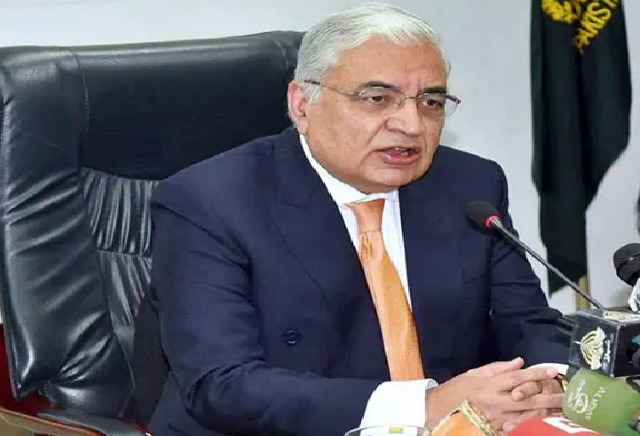Federal Ombudsman of Pakistan Ejaz Ahmad Qureshi has recently said that the Constitution of Pakistan upheld the principle of equality and dignity along with explicitly prohibiting gender discrimination in all spheres of national life. The Parliament adopted the Act for Protection Against Harassment of Women at the Workplace in 2010 intending to implement the relevant provisions in the Constitution and ensure equal opportunity for men and women and the right to earn a livelihood without fear or any discrimination.
Gender discrimination and inequality with women and girls is a worldwide issue and Pakistan has no exception from it. There had been wide ranging concerns regarding the treatment of society with the women particularly with respect to women’s right to education, jobs, inheritance and the way of living had significantly been marred by the local tradition and culture than national and religious obligations. Although, the constitution of Pakistan comprehensively covers all aspects of our national life and protects fundamental rights of weak segments of the society including women, minorities and the persons with disabilities (PWDs), however the implementation of those sane principles had largely been impaired due to misprioritization of the ruling elite. Unfortunately, the challenges persist despite efforts to promote equality and dignity among different segments of the society. The constitution of the the National Gender Data Portal (NGDP) by the National Commission on the Status of Women was the first step to bridge the gap between men and women.
This forum collect and consolidate gender data at the national level, which is instrumental for analyzing trends and reviewing progress, and, most importantly, formulating evidence-based policies and programmes to advance gender equality. Meanwhile, Federal Ombudsperson Protection Against Harassment of Women at the Workplace (FOSPAH) is another endeavor which protects women from discrimination, social and workplace injustices and supports them to achieve their due share and rights in the society. Fortunately, Pakistan has the distinction in the comity of nations that the country has a dedicated Ombudsperson Institution to deal with the challenges of women empowerment and denial of rights, thereby emphasizing the need for support to over 49 percent of the population. Undoubtedly, Pakistan has made significant progress in women rights and empowerment yet the efforts to combat gender discrimination require ongoing commitment from both policymakers and society. This journey is continuing wherein, advocacy, education, and legal reforms can play vital roles in promoting gender equality and empowering women in the country.







